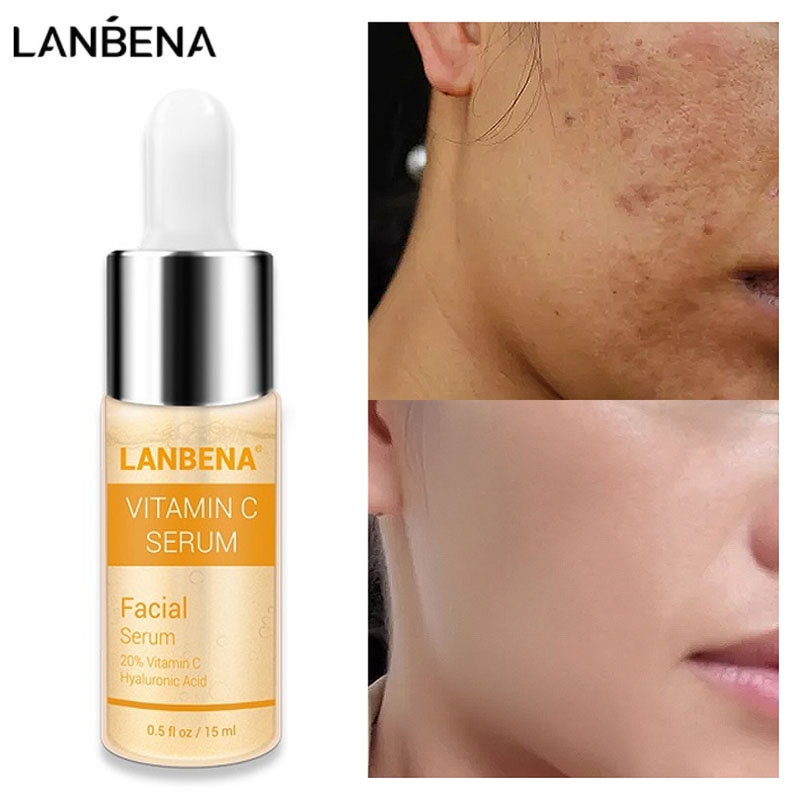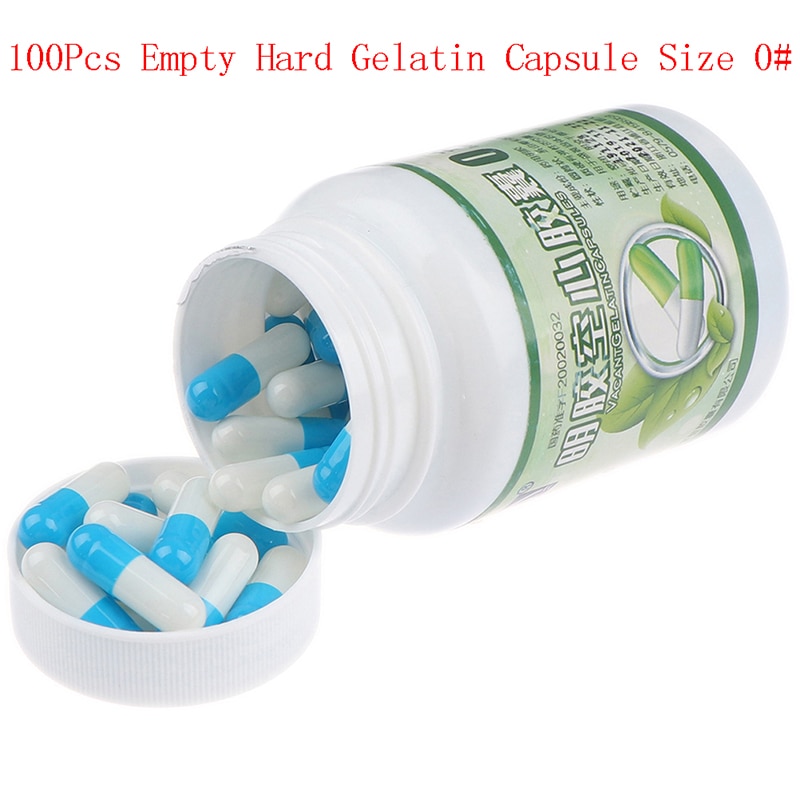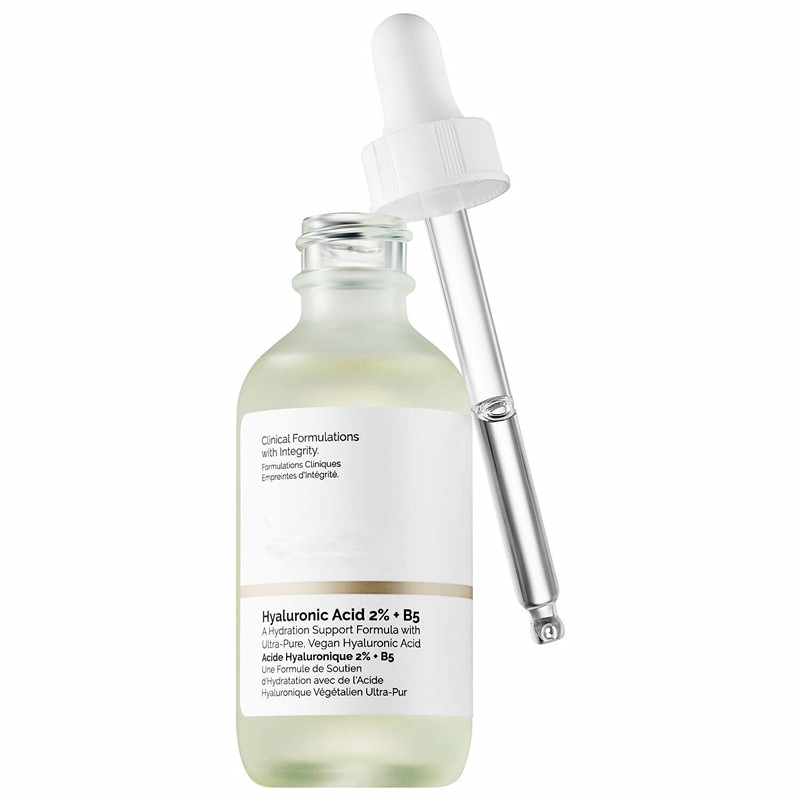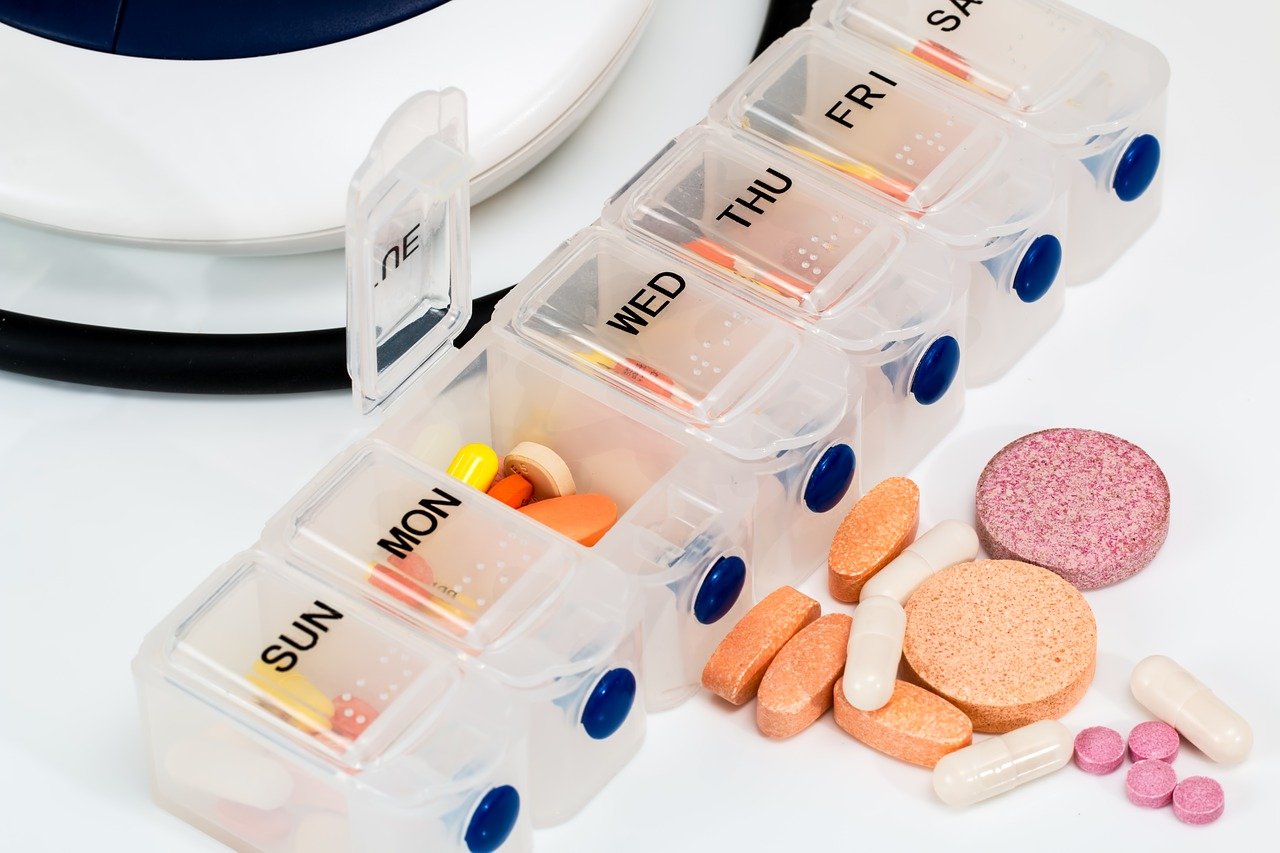What vitamins should I take everyday? That is the question asked by many people when they are planning for their diet. Vitamins are essential to your body. It is through your intake of vitamins that your immune system and reproductive system will function at their optimum level.
The immune system protects the body from diseases. When the immune system is weak, your body will not be able to fight off infections. This can lead to different kinds of cancer. It also affects your memory and emotional well being. A deficiency in vitamins has been linked with various diseases. It is important that you get the proper amount of vitamins in your body. Some of the vitamins to take include: Vitamin A, B, C, D, E, K, and Zinc.

Vitamin A: This vitamin helps maintain good vision and has a positive effect on the skin. It can be found in fruits and vegetables. This vitamin is also synthesized in the liver. Consuming foods that contain vitamin A will help maintain a healthy immune system and reproductive system. Since the body cannot make vitamin A, consuming it in the form of supplements can be very beneficial.
Vitamin B: This vitamin helps maintain a healthy gastrointestinal tract. Because it can be easily synthesized by the liver, it can be safely taken in the form of a supplement. Consuming foods that have high levels of vitamin B can help prevent degenerative diseases of the gastrointestinal tract. Some foods that have a high level of vitamin B are milk, oranges, carrots, spinach, cantaloupe, and liver. The daily consumption of these foods can help increase the number of cells that form the stomach lining and aid in the absorption of nutrients into the body.
Vitamin C: Along with vitamin B, vitamin C is an essential element. It helps maintain a healthy immune system. Since the body cannot produce this vitamin on its own, consuming foods that have a high level of vitamin C will aid in the absorption of nutrients. Some foods that have a high level of vitamin C are tomatoes, oranges, lemonade, salmon, strawberries, and cantaloupe. Consuming foods that are high in vitamin C can help prevent free radicals in the body and thus reduce the risk of cancer.
Vitamin D: Deficiencies in this vitamin can result in a number of serious conditions, such as osteoporosis and depression. Vitamin D is produced in the body from exposure to sunlight. In the winter, when the body’s natural capacity for vitamin D is at its lowest, consuming foods high in this vitamin can help increase the amount of calcium in the body, which aids in bone strength. Some foods that are particularly high in this vitamin include cod liver oil, milk, salmon, and tuna.
Vitamin E: Like vitamin C, this vitamin is also an essential element, but is only produced in higher levels in people who have dark hair or those who exercise regularly. Vitamin E helps to protect the body from the sun’s harmful UV rays. Some foods that are particularly high in this vitamin include whole-wheat bread, apricots, green peppers, and cantaloupe. Consuming foods that are high in vitamin E can help lower cholesterol levels and reduce the risk of developing heart disease. Consuming foods that are high in vitamin E can also lower the risk of developing Alzheimer’s disease.
Vitamin B: All children need this vitamin to help maintain proper brain development and function. Children who consume a proper diet of eggs and milk are less likely to develop allergies and other disorders related to the immune system. In adults, it is believed that vitamin B can help prevent heart disease and other problems. It is recommended that individuals consume foods that are high in this vitamin on a daily basis.
Vitamin C: Vitamin C has a number of positive benefits, including promoting good eyesight and preventing damage to the body from free-radicals and other toxins. However, it is important to note that although this vitamin is considered to be healthy, too much vitamin C can actually lead to health problems. For this reason, it is best to eat a balanced diet that is rich in foods that are rich in vitamin C. Some foods that are particularly good sources of vitamin C include fruit and vegetables, oranges, lemonade, tomatoes, and sweet potatoes. Consuming foods in this category on a regular basis can help prevent free-radical damage and can also aid in the treatment of certain eye problems, such as cataracts and macular degeneration.
Vitamin D: Deficiencies of vitamin D have been linked to conditions such as osteoporosis, hypertension, cancer, and several forms of depression. On the other hand, excessive amounts of vitamin D can lead to excess skin pigmentation, fragile bones, and high risks for developing cancer. It is not recommended that individuals consume large amounts of vitamin D on a daily basis due to its toxic nature. However, since vitamin D is widely used in the treatment of colds and other symptoms of certain diseases, many people turn to supplements to obtain this important nutrient.
Table of Contents

















